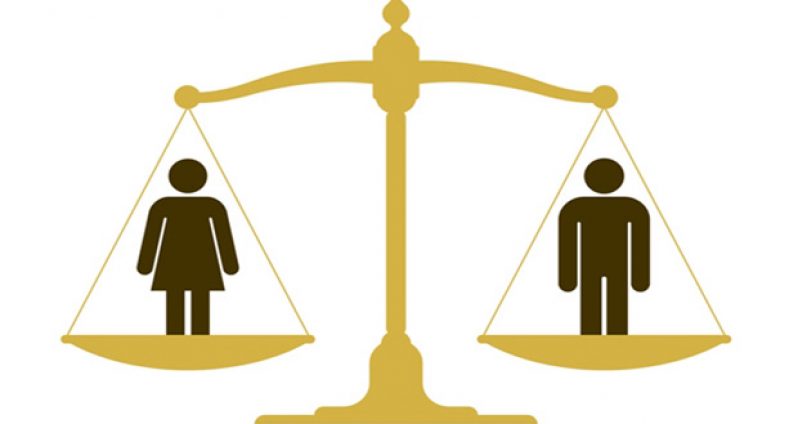THE rapid transformation of the new world of work is presenting opportunities for some, but profound challenges for others, says the 2015 Human Development Report, released globally this week.In Latin America and the Caribbean, a stronger focus on work that is leveraging the talents of women and men alike is needed to contain widening inequalities, the report, named ‘Work for Human Development’, has said.
This report promotes sustainability and equitable and decent work for all by encouraging governments to consider the many kinds of work — unpaid care, voluntary or creative work — that are important to human development.
The report stresses that only by taking a broader stance on the concept of work can its benefits be truly harnessed for human development.
According to estimates, of the share of all work — not just paid –, women perform three out of every four hours of unpaid work worldwide.
In Latin America and the Caribbean, since women shoulder the burden of care, the disparities in unpaid work could increase further as the population ages, compounded in the region by gaps in pension coverage.
“The report confirms that women in Latin America and the Caribbean face the triple-challenge of working outside the home, caring for their own children, and increasingly for the older generation, further increasing unpaid work,” said Jessica Faieta, Assistant Administrator and Director of UNDP’s Regional Bureau for Latin America and the Caribbean.
“In order to meet the new Sustainable Development Goals,” Faieta says, “the region needs to address the care burden, an important step to leave no-one behind.”
Women perform only one hour of paid work for every two performed by men, while earning 24 per cent less globally. In Latin America and the Caribbean, women earn 19 per cent less than men, and are often excluded from senior management positions.
According to the report, more than half of all businesses in the region have no women in senior management positions. On average, female top managers in the region earn only about half of male top managers’ salaries, according to the Inter-American Development Bank (IDB).
The region also has the highest proportion of domestic workers, mostly women, 37 per cent of the world’s total. Domestic work is an occupation wherein working conditions frequently need improvement. The Latin America and Caribbean region also has the second highest rate of female domestic workers as a percentage of total female employment, following the Middle East.
In all regions, the Human Development Index (HDI) value —UNDP’s composite measure of income, longevity and education — is lower for women than for men. Women, however, fare better than men in 14 countries, two of which — Barbados and Uruguay — are in Latin America and the Caribbean.
The region is laying foundations upon which to build progress in gender equality. When it comes to education among the adult population, the region has the smallest gender disparity in mean years of schooling of adults (0.1 years). Moreover, the region’s share of female parliamentary seats (27 per cent) is higher than the global average (21.8 per cent).
The average figures, however, mask grave disparities, with the percentage of women in parliament reaching less than 10 per cent in Antigua and Barbuda, Brazil, Paraguay, Suriname and Trinidad and Tobago. Progress has contributed to Latin America and the Caribbean having the narrowest gap between women and men’s HDI among developing regions — 2.4 per cent, compared to 7.6 per cent globally.
The report urges that efforts be made to improve women’s lives by ensuring equal pay, providing decent parental leave, tackling the harassment and the social norms that exclude so many women from paid work. Only then can the burden of unpaid care work be shared to help women to enter the labour force, the report states.



.jpg)








